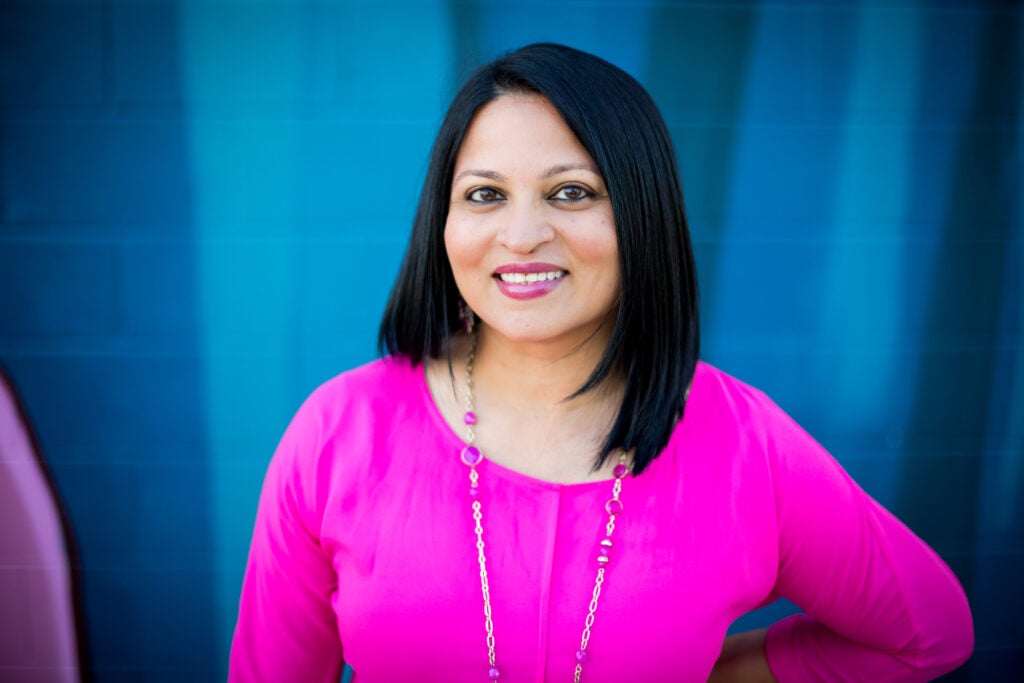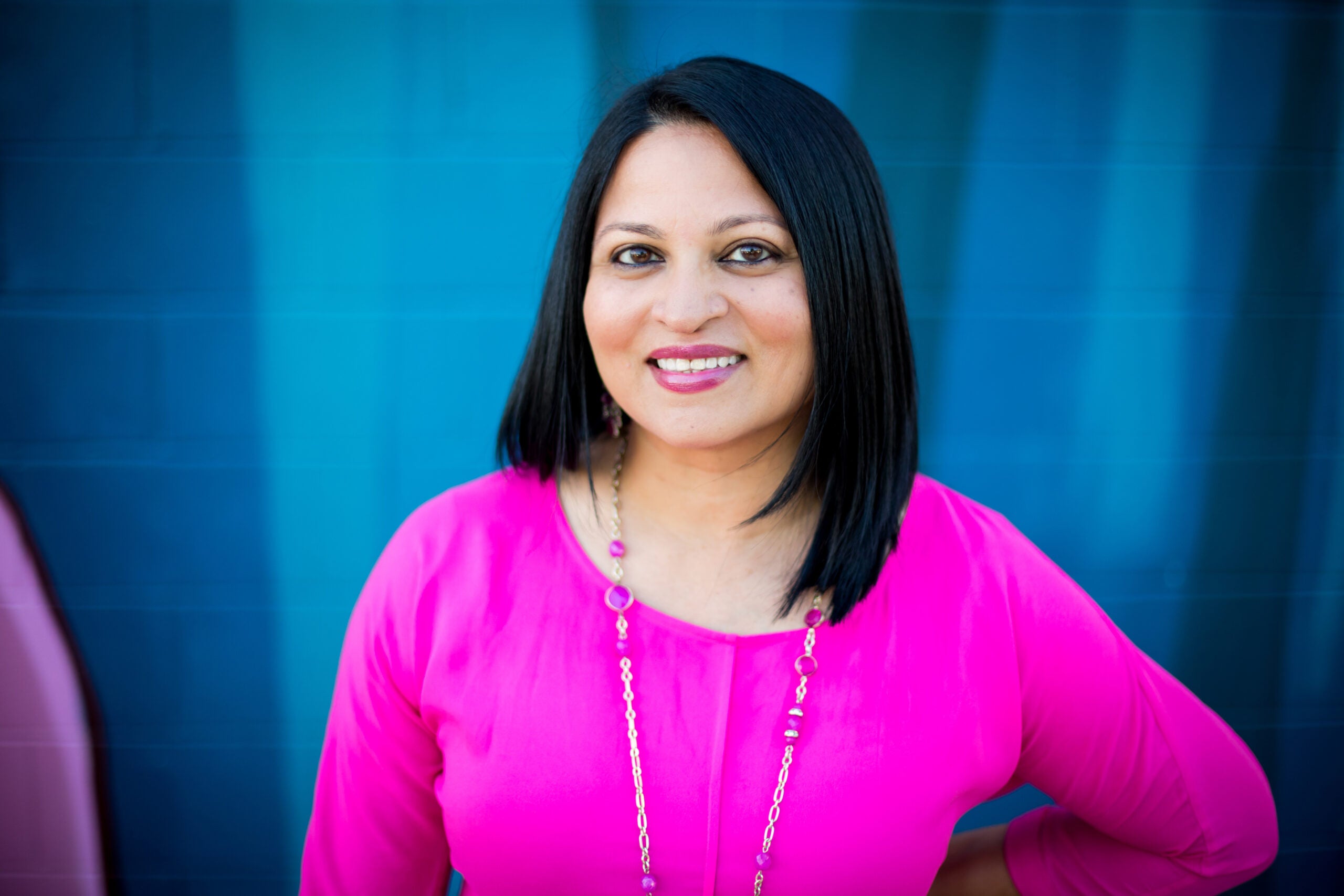JUPS Welcomes Professor Deepa Iyer for Spring 2025

In Spring 2025, the Justice and Peace Studies program (JUPS) will be joined by Professor Deepa Iyer for her The Power of Social Movements course. As a South Asian American writer, strategist, and lawyer, we are excited to learn from her two decades of experience with social justice.
What drew you to join Georgetown’s Justice and Peace Studies program, and how does this align with your career and advocacy work? For over two decades, I’ve been supporting organizations and networks here in the United States through policy advocacy, coalition building, and narratives. Currently, I work at a nonprofit to develop programs, workshops, and resources that catalyze social change and solidarity. When I learned about Georgetown’s Peace and Justice program, it seemed like a very natural fit with my values and interests, while also opening up new opportunities to learn and collaborate, particularly around conflict transformation and human rights issues that go well beyond the US context.
How do you envision your students applying what they learn in The Power of Social Movements to real-world advocacy and policy work? The class I’m teaching in the spring of 2025 – The Power of Social Movements – will explore how movements influence and shape American society, politics, and institutions. We will discuss what drives current movements for justice and equality, consider why some succeed while others taper out, and interrogate counter-movements. Our class will also be in conversation with movement leaders and organizers in DC and around the country to learn about how they build peace and power. Students will certainly be able to apply what they learn outside the classroom, whether it is to more critically evaluate news headlines, making the case for systems change through writing and analysis or more clearly understanding how they can be part of social movements in their lives and in careers.
What case studies or historical movements do you plan to emphasize to help students understand the impact and dynamics of social movements? We will explore both historical and contemporary movements, and from the standpoint of different perspectives – organizers and visionaries, directly affected people, the media, elected leaders, and more. Some examples include very visible movements like Occupy Wall Street and the Movement for Black Lives, as well as more localized and less publicized ones in the DMV. We will also emphasize student-led movements that have emerged out of moments of crisis in the past decade.
What practical lessons or strategies from your roles at the Building Movement Project, Solidarity is, and other organizations do you plan to integrate into your class? I hope to bring a practitioner lens to our class. In that vein, I’ll be drawing upon my own experiences and lessons learned from working on issues such as the post 9/11 backlash, the Muslim ban, and immigrant rights. I’ll also be bringing accessible resources such as the social change ecosystem framework and solidarity principles to help us apply what we are discussing and reading to real-life scenarios.
As you prepare to step into your role in the Justice and Peace Studies Program, what are you most looking forward to? So many things! I’m really excited to learn more about the history of the program, meet faculty, connect with the Center for Social Justice, and of course, to support the students who are part of the JUPS program.
